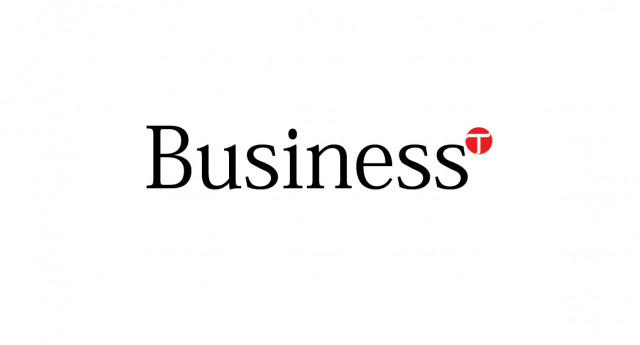Floods expected to drown auto volumes
Forecasts of automobile sales volumes are being slashed by analysts because of the worst floods to hit Pakistan.

The worst case scenario, KASB Securities believes, is that demand could drop by 25 to 30 per cent on a yearly basis.
The decrease in volumes will mainly be due to the tremendous losses to the agriculture sector, as auto demand backed by agriculture income directly contributes 40 to 45 per cent of auto volumes, according to analysts at KASB Securities.
Automobiles, being consumer discretionary items, are usually among the first items to go off the shopping list whenever purchasing power is stretched.
“The historical data shows that car sales dropped by 20 per cent on a yearly basis in the fiscal year of 1993 due to floods and the yellow cab scheme,” commented Muhammad Saqib Sajjad, an analyst.
Another factor which may contribute to the decline in sales is the volatility of the yen, as Japan is struggling to deal with a strengthening yen that is threatening the country’s economic recovery.
KASB’s analysis suggests that every 10 per cent change in sales volume will affect Indus Motors and Pak Suzuki’s earnings per share by eight and nine per cent, respectively.
The yen’s recent strengthening has resulted in a 12 per cent currency appreciation against the Pakistani rupee since May. This could further drag down earnings as weaker demand erodes automakers’ pricing power.
Indus Motor’s ‘Corolla’, may turn into a liability for the company as demand during the second and third quarter could take a big hit. The car’s sales are largely driven by agriculture income.
Published in The Express Tribune, August 18th, 2010.


1710175205-0/image-(9)1710175205-0-208x130.webp)
















COMMENTS
Comments are moderated and generally will be posted if they are on-topic and not abusive.
For more information, please see our Comments FAQ